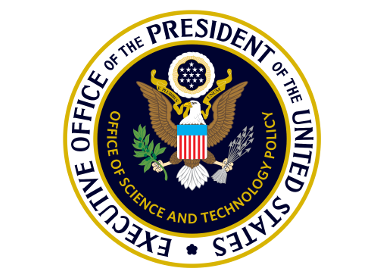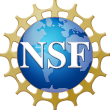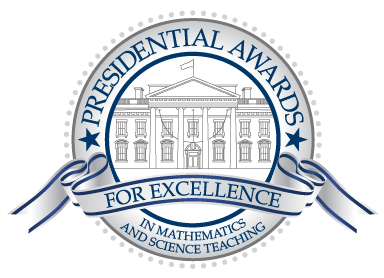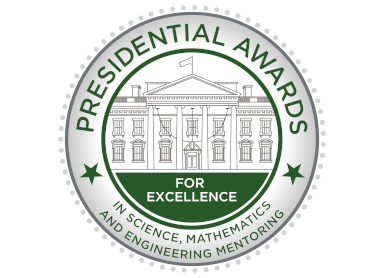Laura Thomas
Raleigh, NC | K-6, Science, 2016

What motivates you to contribute to excellence in STEM teaching?
As a biologist and educator I want students to learn, understand and be prepared for earth’s future. This can be done through Stem teaching, engaging students in authentic and meaningful experiences where they find answers to their own questions. Curiosity leads the way, and we, as teachers, can guide our students providing them with tools when solving problems, when finding solutions and developing their own new ideas. New generations have so much to give!
What has been the most transformative moment that affirmed your impact on STEM education?
I wanted students to do real science, collect real data, useful for a research project. Our class started tracking Eastern Box turtles (The Box Turtle Connection Project) in the Lake Raleigh area, NC. Students were engaged; they collected data using appropriate tools, created maps, analyzed data/graphs, and drew conclusions. They loved it! Students can be empowered as scientists by doing real science. This also happened when our students started working on a citizen science project- Shark Teeth Forensics (Students Discover Project). They became paleontologists, finding fossilized shark teeth from sediments that are more than six million years old. They collected data, made graphs, analyzed the data and drew conclusions. Empowering for them!
Using your platform as a Presidential Awardee, how do you hope to advance our nation in STEM?
I am now retired as an educator, but want for science teachers to understand the positive effect of doing citizen science in the classroom. That's when students really understand what science is, and they realize that it is accessible to them; they can do real science, they can be part of the advancement in scientific research.
Biography
Laura "Juliana" Thomas taught for 38 years. She taught seventh grade Science and Project at the Duke School in Durham, NC, where she introduced citizen science projects to her students and also taught Lego Robotics. Juliana also taught for 20 years at The Exploris School in Raleigh, NC, adding science expertise to her team through integrated curriculum, project-based learning expeditions, and citizen science. Starting her teaching career in Colombia, South America, she taught for several years in bilingual schools. Juliana collaborated with her team in designing class projects and her goal is to develop critical thinking skills in her students. She is passionate about using citizen science in the classroom to help students think of themselves as authentic scientists, and was part of the Duke Tip program in Durham, NC working with young scientists. She collaborated with the North Carolina Wildlife Resources Commission and Museum of Natural Sciences, designing citizen science lessons as students tracked turtles and collected fossil shark teeth data. She also coached Wake County teachers in leading citizen science afterschool programs. Juliana has been the recipient of many awards with her Bridge Building Club. She received first place in the 2013 International Kids Creating Community Contest for her work with her students and Eastern Box turtles. Together with her students, she has presented the turtle work at several conferences, and became a 2014-2015 Kenan Fellow, where she worked with the Students Discover Kenan Fellowship program. Juliana earned a B.S. in biology from the Universidad Nacional de Colombia and completed an M.S. in biology at the Universidad de Los Andes in Colombia. At North Carolina State University, she obtained her science teaching certification.
High-resolution version of the official portrait photograph
Awardee holding Presidential certificate between Deputy Assistant to the President and Deputy U.S. Chief Technology Officer, Michael Kratsios, and National Science Foundation Director, Dr. France A. Córdova.
High-resolution version of the teacher profile photograph
The views expressed in awardee profiles are those of the author and do not necessarily reflect the views of NSF or the PAEMST program.



